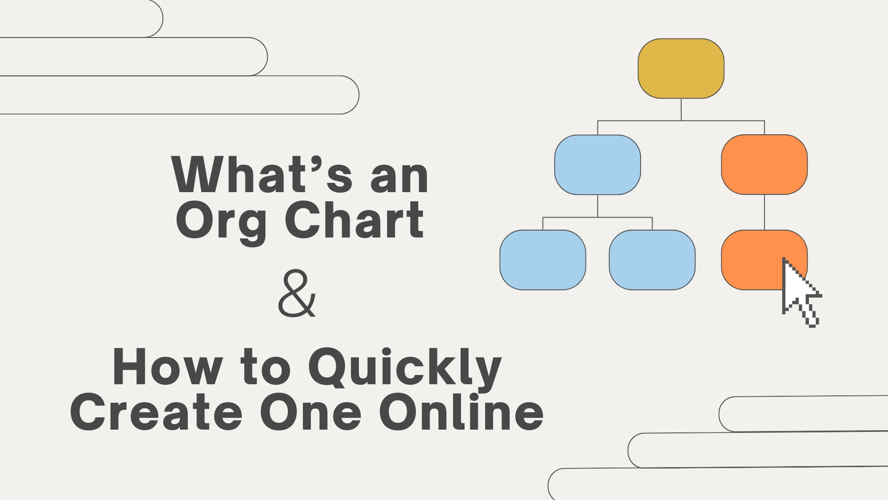How do you turn recruitment into a strategic function when your small company is growing really fast?
Do you use recruitment agencies?
Do you hire an HR person to run recruitment in-house?
Do you outsource it at a fixed cost?
Or perhaps a combination of the above? We hire certain roles internally and use agencies for other roles.
How about if I said this:
Talents on tap
Wouldn’t be nice if you had the ability to as soon as you have the need to hire someone for your company, to be able to pull up 10 names that you can call and discuss the job with them? Especially when knowing that those 10 people are a top match to your position?
And how about if this data is yours… not someone else’s and therefore you’re not limited to how and when you can contact those people.
The MAZE of inbox folders – enter the inbox nightmare!
When you place a job advert on a job board like Seek, Monster, Career Builder, Craigslist etc. you might get say 40 applications… 10 of them are really good but you only hire one of them. How about those other 9 candidates. Wouldn’t be nice to be able to contact them if in 3 month time you need to hire another person with the same skills?
Many small company directors, managers, and founders have 100,000 application emails in various folders of their email system… these are the leftovers from the 100 or so ads that have placed on various job sites over the last few years.
Would you or would you not agree that at least 10% of those applicants who buried deep within those email folders, would be very relevant to other future jobs that might open in that company?
That’s equivalent to 1,000 candidates – that’s a lot of talent – but hidden deep in those folders – right? Wouldn’t be much nicer if all those 100,000 applications had from the beginning naturally flowed into a central lake (the candidate database), where any manager can find anybody that applied in seconds. This same central DB that captures all the application streams from all the job boards that you advertise on, can then be used when you have a new opening. We know that you have hidden gems in there, but you need the tools to filter with and find them… because you know that there must be someone in there that applied in the past for another job but could be perfect for this one you have open right now. And guess what, you happen to reserve the right to contact this person, because a) when they applied you made sure the application form had an “agree to future contact re other jobs” opt-in tick box on it and b) Because you have used a recruitment system that allowed you to treat those applicants professionally, with transparency and with dignity during their application process.
The 3 strategies when hiring for a fast-growing company
All of the above could be the optimal option for a business at a particular phase of their life cycle, and I’m not here going to be telling you what’s better for you? I don’t know your business and this not what I do, but I’d like to make you aware of a few things that can make a significant difference to a) Choosing the optimal strategy for your business and b) Save you trial and error pain, time and money during the execution.
Have you heard of talent pools, talent communities? or simply a candidate database? Well, I guess it would be implied that I’m referring to a segmented candidate database – more on that in a bit, but I’m sure you agree that just having a large talent DB without the ability of filtering and narrowing down your searches, wouldn’t be much of a help right? I mean matching candidates to your job vacancies becomes like finding a needle in a haystack!
# 1 – Using agencies
As I said, I’m not here to tell if and when to use agencies… but I’d like to make you aware that:
When you pay the agencies, they advertise and they get all the applications and they get to enrich their database. So you don’t enrich your own candidate database that you can draw on later when you’re looking for someone else.
I don’t have to state of course that using agencies offers lots of unique advantages for a company at a particular stage – agencies have recruitment professionals that cost lots of money to hire and retain your small business. Agencies have a large candidate database of candidates. Agency can advise you on the best strategy to fill a role i.e what kind of person? What experience, how much money you should be offering, what skills, the culture fit etc. So they don’t only hire someone for you, but they can help you with drafting the job specification document before even advertising begins. And most of them will guarantee that this person will stay for 3 months or they would hire someone else for you for free. So they add tonnes of value no question about it.
# 2 – In-house recruiting
If you want to run your own recruitment, there are a few points that you must know!
First of all… you only have 3 choices to do this successfully:
Option 1 – Adopt a modern recruitment software platform, but without hiring a professional recruitment person
Option 2 – Adopt an old fashion recruitment system, but make sure you hire a Recruitment (HR) professional to run it within the company
Option 3 – The ULTIMATE option – adopt a modern recruitment software platform, and at the same time you hire an HR professional to run recruitment and by utilizing that modern platform to involve the key people in the business in the recruitment process.
I just can’t see how there is a 4th option here – please let me know if I’ve missed something here – comment on this article and let me know – I’d appreciate it.
What’s most relevant here to this article though, is that you’ll at least have a chance of having your own central candidate database, no matter which of these options you decided to take. So either of the above 3 options should enable you having your own candidate DB where all applications flow into. And so this database after a while will become a sourcing option for you. So you don’t have to solely rely on advertising for every role that you opens up in your company.
# 3 – Outsource your entire recruitment needs with a fixed cost, to a professional outsourcing company
This option is clearly also a viable option and a very smart option for lots of companies at certain stages in their life cycle. But please be aware that you will NOT be able to build your own database if you go down this root. That’s all I wanted to say – it’s just one of the cons of this option that’s all – again you and you only have to weigh up the pros of cons of each of the above-presented strategies including this one, and make the decision to which one is the optimal one for your company and right now.
Please comment on this article and let me know what you think and if you can add value to this article – I’d love to hear from other managers, CEOs, and founders of smaller companies and who are finding recruitment a challenge during fast growing times.
Thank you for reading and until next time, good luck!





Blog comments